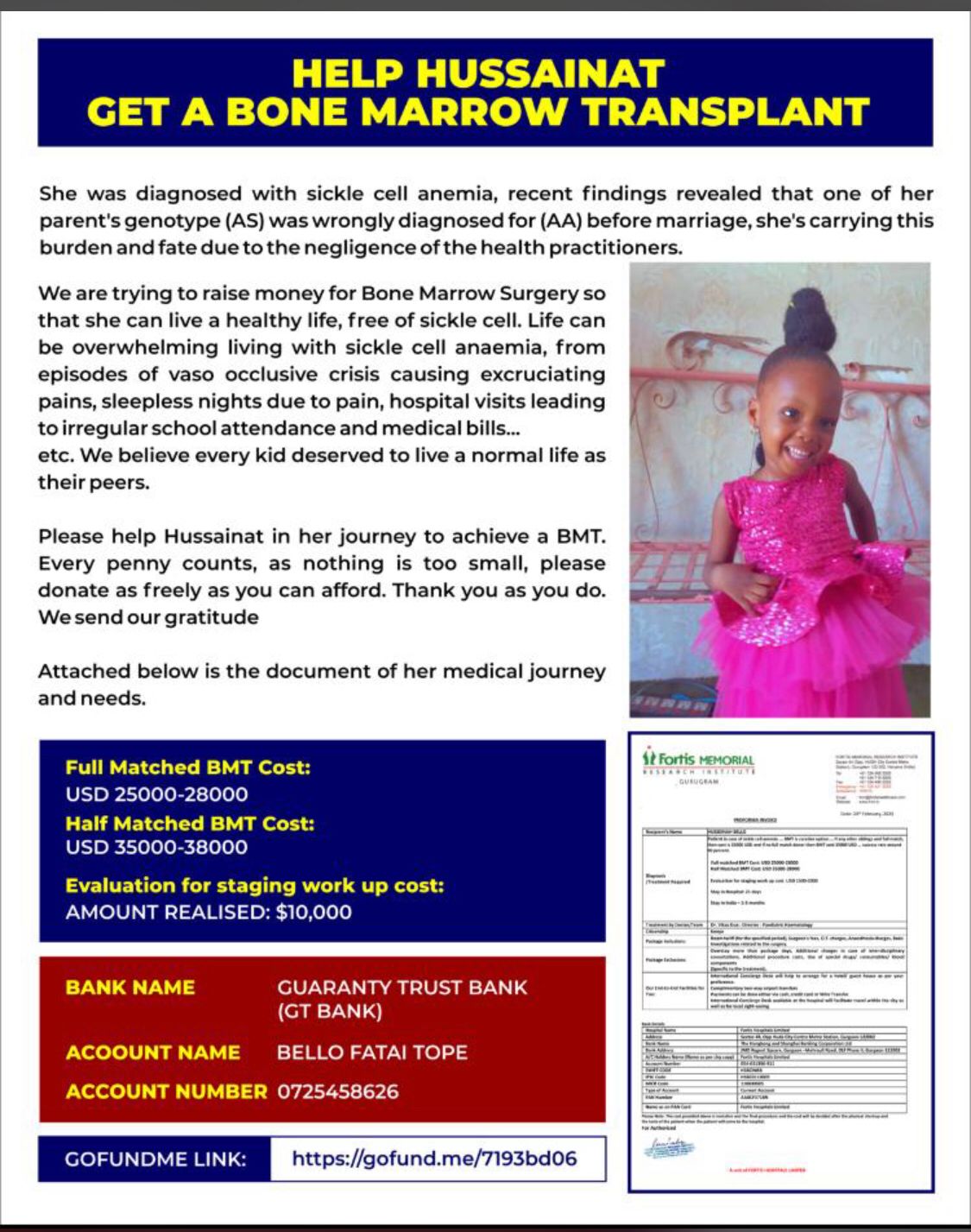MAKINDE DISPUTES FG’S CLAIM ON N570BN HARDSHIP GRANTS
Governor Seyi Makinde of Oyo State has challenged the Federal Government’s assertion that it released N570 billion to 36 states to alleviate hunger and hardship.
In his latest newsletter, Makinde described the claim as “misrepresentation of facts.” He clarified that the funds were part of the World Bank-assisted NG-CARES project, a Programme for Results intervention.
Makinde explained that the Federal Government merely facilitated reimbursements to states for expenses already incurred, rather than providing new funding.
The newsletter read, “The recent protests against food inflation and general hardship reflect the broader issues our nation faces. And again, bring to the fore the need to focus on reshaping our approach to overcoming our economic challenges.
Before I speak more on further actions we have taken to show our commitment to productivity and sustainability, let me respond to a long message I received earlier in the week from a concerned citizen. The message was about a purported N570 billion Hardship Fund “given” to the 36 States by the Federal Government. I was queried about what I used the money for.
“Let me state categorically that this is yet another case of misrepresentation of facts. The said funds were part of the World Bank-assisted NG-CARES project—a Programme for Results intervention.
“The World Bank facilitated an intervention to help States in Nigeria with COVID-19 Recovery. CARES means COVID-19 Action Recovery Economic Stimulus. It was called Programme for Results because States had to use their money in advance to implement the programme.
After the World Bank verified the amount spent by the State, it reimbursed the States through the platform provided at the Federal level.
“The Federal Government did not give any State money; they were simply the conduit through which the reimbursements were made to States for money already spent.
“It is important to note that the World Bank fund is a loan to States, not a grant. So, States will need to repay this loan. Note also that NG-CARES, which we christened Oyo-CARES in our State, predates the present federal administration.
“So, in direct response to the message, the Federal Government did not give Oyo State any money. We were reimbursed funds (N5.98 billion in the first instance and N822 million in the second instance) we invested in the three result areas of NG-CARES, which includes inputs distribution to smallholder farmers within our State. In fact, when the World Bank saw our model for the distribution of inputs preceded by biometric capturing of beneficiary farmers, they adopted it as the NG-CARES model.
“Oyo State has always led in ensuring transparency in any donor-facilitated interventions. This is why we are always picked as one of the subnational beneficiaries. We are exhibiting the same level of transparency in another World Bank-Facilitated project, the Livestock Productivity and Resilience Support (L-PRES) Project. I spoke about this in my last newsletter.
This project is designed to create a resilient livestock landscape, leveraging our comparative advantage in dairy, goat and sheep farming, poultry, and piggery. You may follow this link to register as a livestock farmer in Oyo State. I will speak more about this project at the official flag-off.
“We continue to embrace every opportunity to break from the norm as we implement projects and policies in the agriculture sector, which we identified since 2019 as one of the focal areas in building a sustainable economy. Agriculture as a business requires substantial investment. While we continue to invest in and support our smallholder farmers, we know we cannot rely solely on them to ensure food security; we need to think bigger
“We also acknowledge that Oyo State alone cannot bring Nigeria out of its economic difficulties. What we can do is provide a model for others to follow.”






Comments are closed, but trackbacks and pingbacks are open.